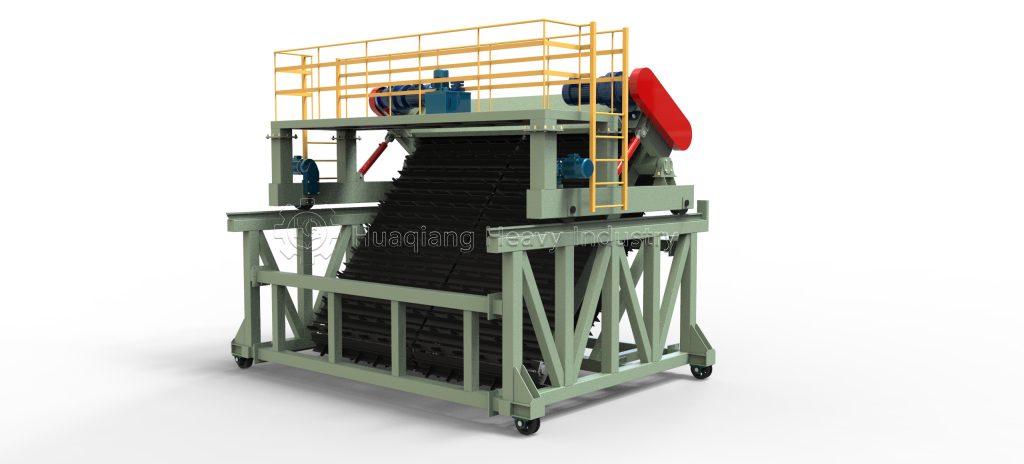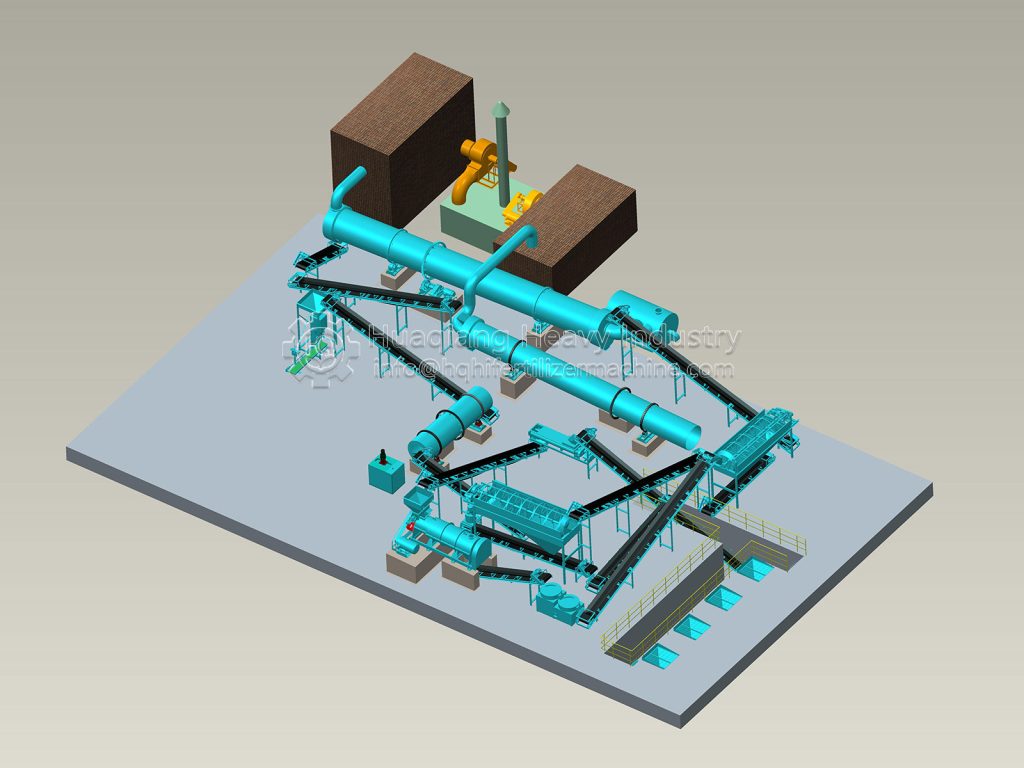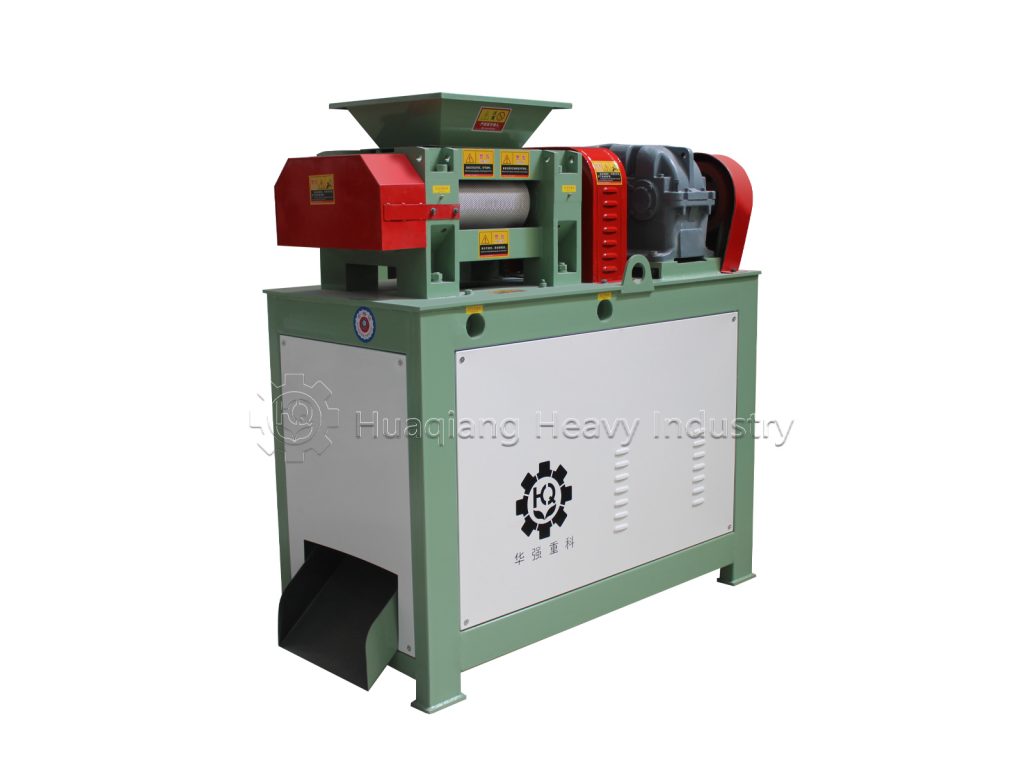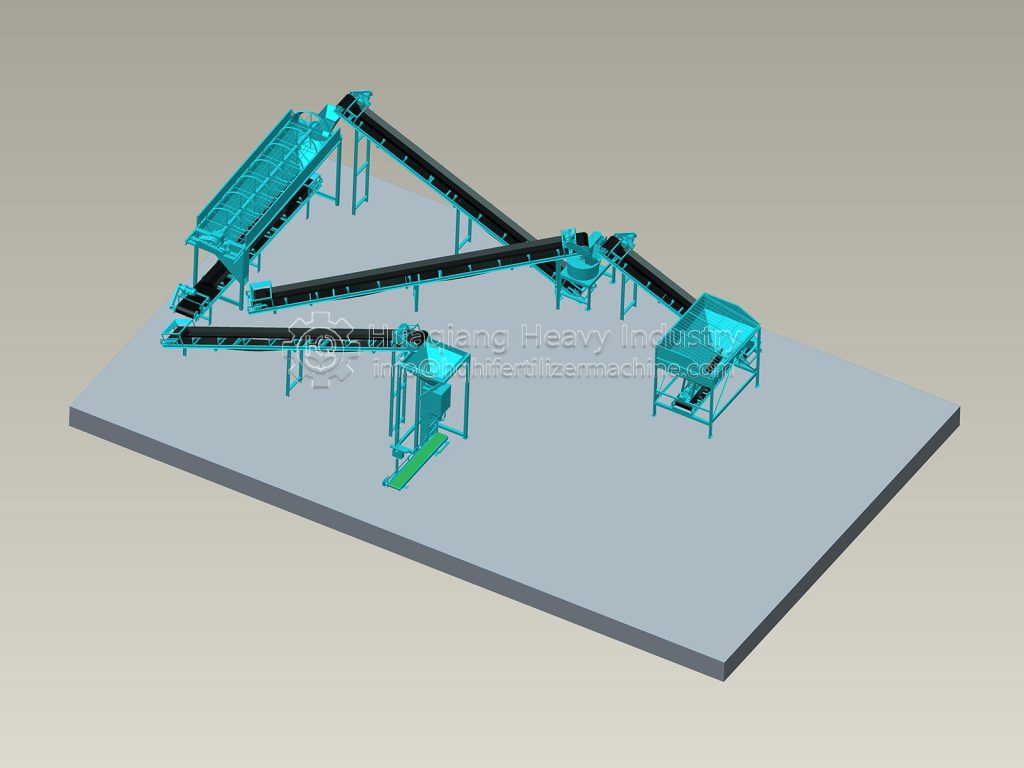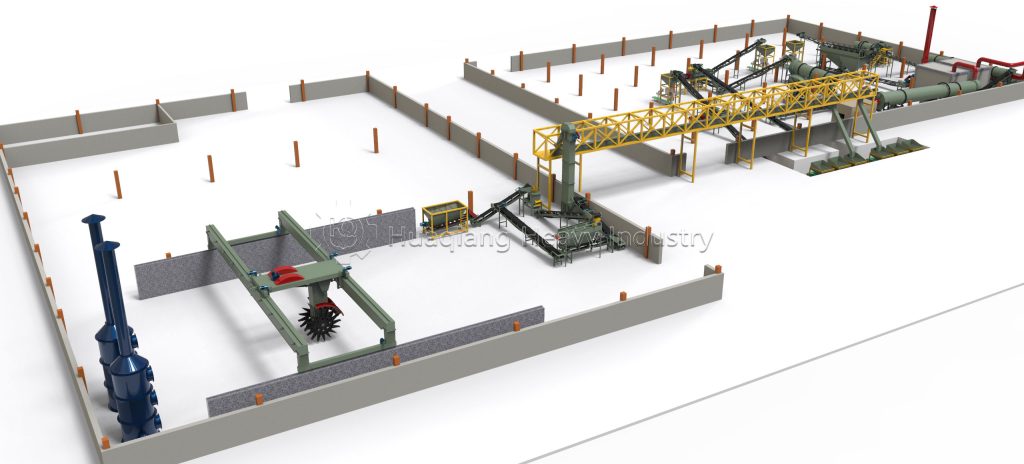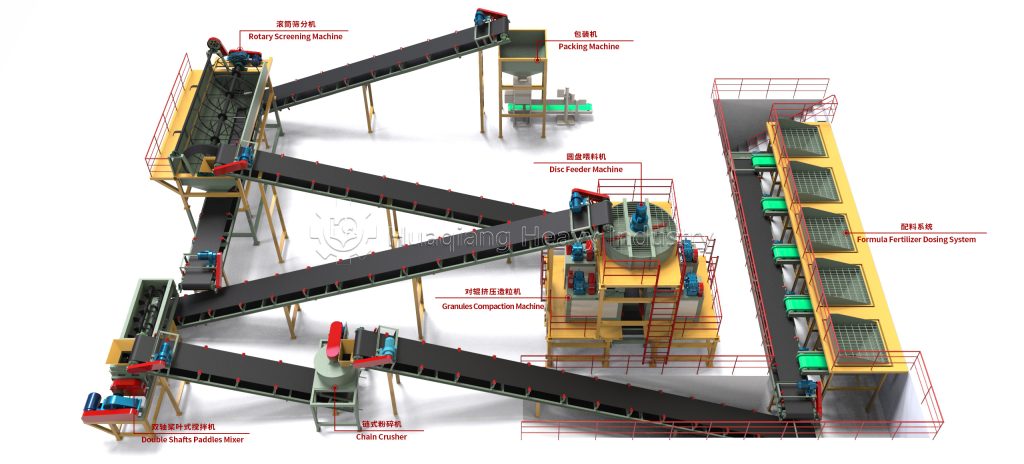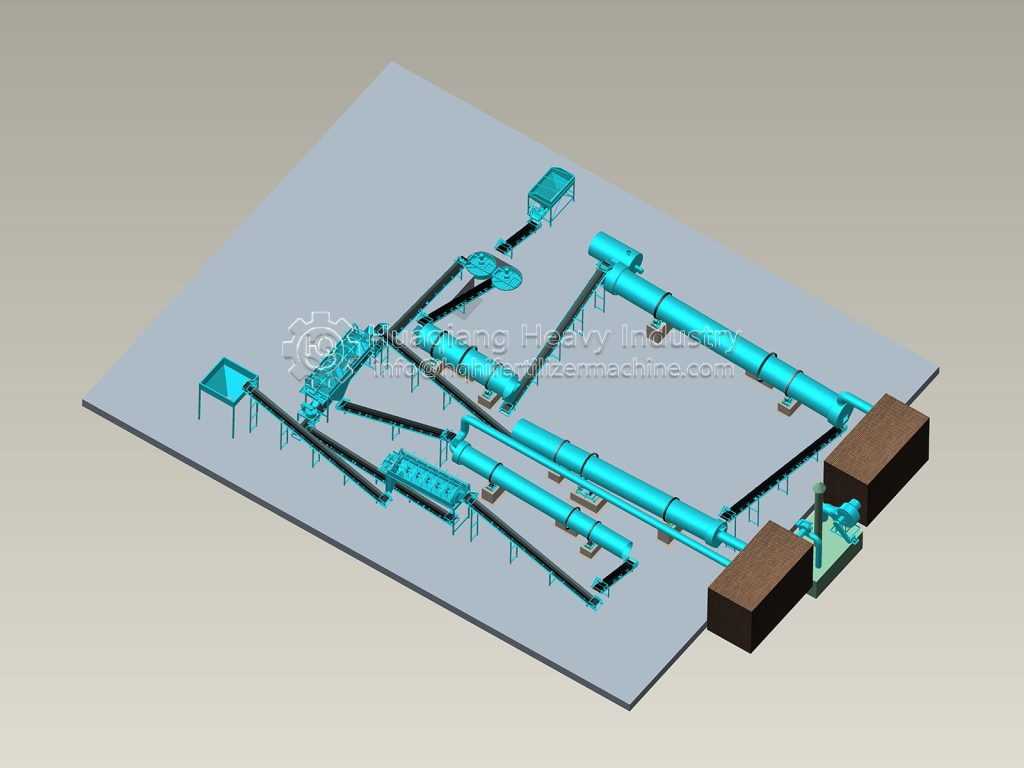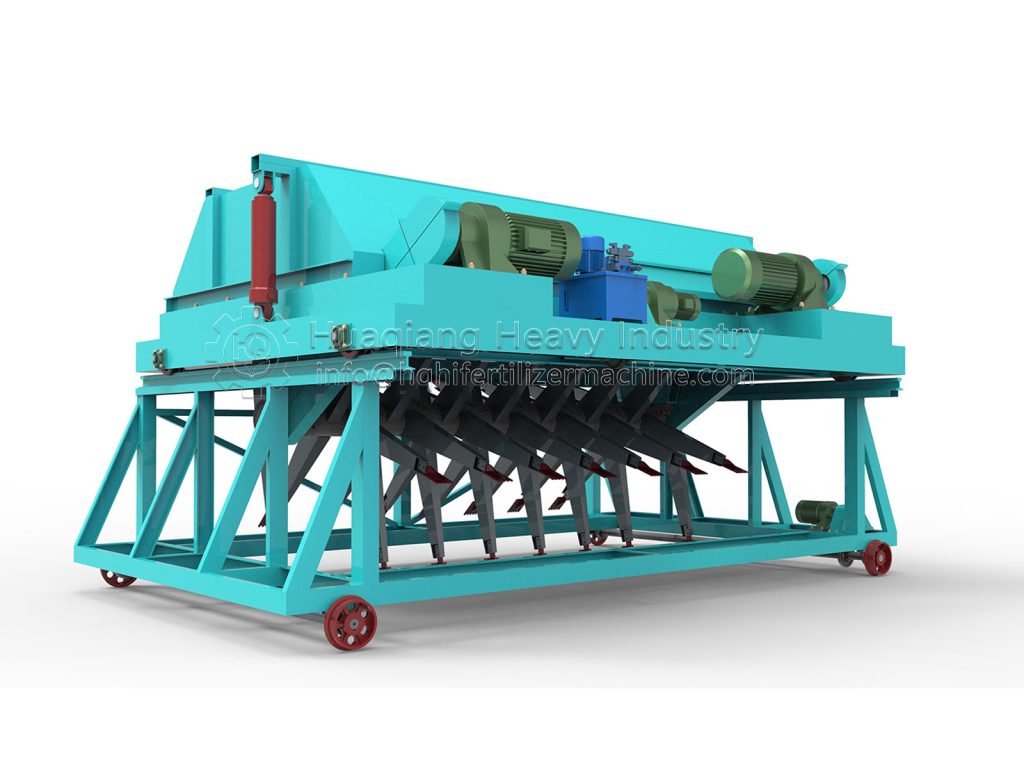In the field of fertilizer production, NPK fertilizer is highly valued for its essential elements: nitrogen, phosphorus, and potassium. But how exactly are powdery raw materials transformed into uniform, sturdy granular fertilizers through modern NPK fertilizer production technology?
The answer lies in advanced granulation equipment—an integral part of the sophisticated NPK fertilizer production process. This innovative approach to NPK fertilizer production technology not only significantly improves fertilizer efficiency but also dramatically reduces dust and waste throughout the manufacturing cycle.
The remarkable NPK fertilizer production process represents a perfect marriage of agricultural science and engineering innovation, enabling manufacturers to create customized nutrient profiles that meet the specific needs of different crops and soil conditions.

The NPK fertilizer granulator is specialized machinery that converts powdered raw materials into granules. It is particularly suitable for producing organic-inorganic compound fertilizers and other products with high nitrogen content. The equipment is robust and intelligently designed, consisting of a frame, drum, internal agitating tooth granulation mechanism, internal transmission system, and external transmission mechanism.
The frame is welded from thickened channel steel, providing a solid support base. The drum is constructed from thickened steel plates formed into a cylindrical shape, ensuring stability and durability during high-speed operation. The granulation mechanism employs a unique stirring tooth structure, using mechanical force to gradually form uniform granules through tumbling motion, resulting in high efficiency and remarkable granulation yield.
The internal transmission system uses a coupling for soft connection, ensuring smooth operation and low noise. The external transmission relies on cast steel gear meshing, which offers reliable power transfer and extended service life. The entire machine balances functionality and performance, making it an essential part of modern fertilizer production lines.
Whether improving fertilizer quality or enabling large-scale production, the NPK granulator plays a vital role in supporting global agriculture with its advanced engineering and reliable performance.
